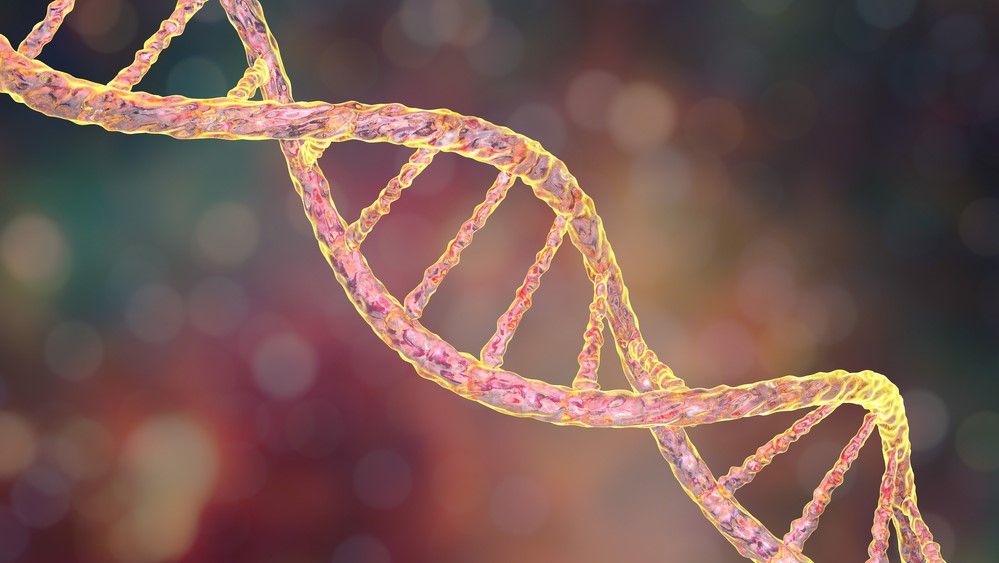
"Our cells are working constantly to correct DNA and have evolved complex molecular machines, DNA repair proteins, to search for mistakes and make repairs," Monroe said.
Most of the human genome is made of non-gene DNA, Monroe said.
In the new study, researchers decided to test the randomness of mutations by investigating whether mutations were happening evenly between gene and non-gene regions of DNA in the genomes of thale cress. .It also has a very short life span, which means that mutations can rapidly accumulate across multiple generations, Monroe said.
But when they analyzed these mutations, they found that the parts of the genomes containing genes had much lower rates of mutation than non-gene regions.
"We think it is likely that other organisms could also have non-random genetic mutations," Monroe said.The non-random pattern in mutations between gene and non-gene regions of DNA suggests that there is a defensive mechanism in place to prevent potentially disastrous mutations."In genes coding for proteins essential for survival and reproduction, mutations are most likely to have harmful effects, potentially causing disease and even death," Monroe said."Our results show that genes, and essential genes in particular, experience a lower mutation rate than non-gene regions in Arabidopsis.
Researchers found that to protect themselves, essential genes send out special signals to DNA repair proteins."Based on the result of our study, we found that gene regions, especially for the most biologically essential genes, are wrapped around histones with particular chemical marks," Monroe said."Mutations affect human health in so many ways, being a cause of cancer, genetic disease and aging," Monroe saidThe researchers also think the chemical signals given off by essential genes could be used to enhance gene-editing technologies that could help us create crops that are more nutritious and resilient to climate change, Monroe said